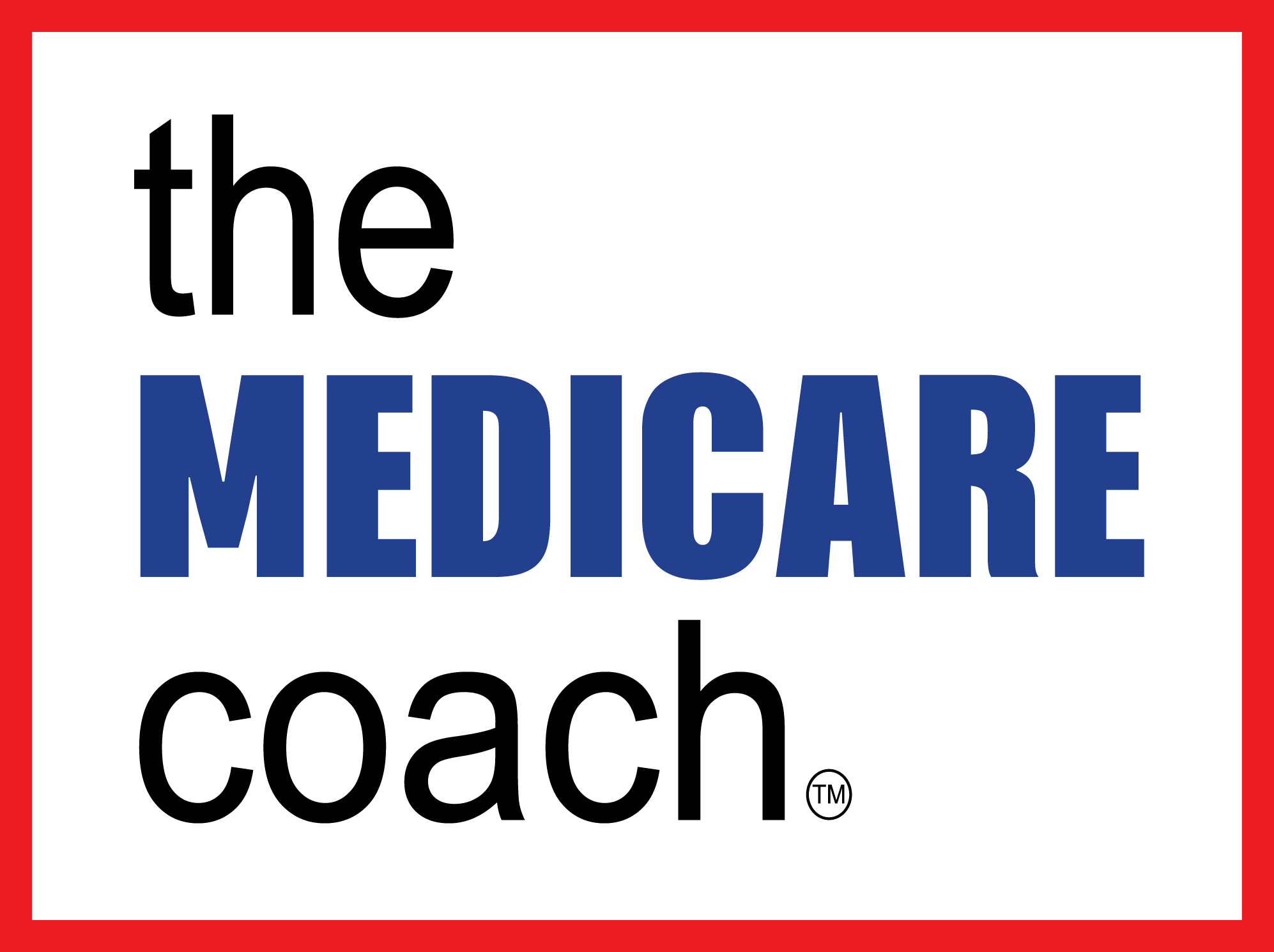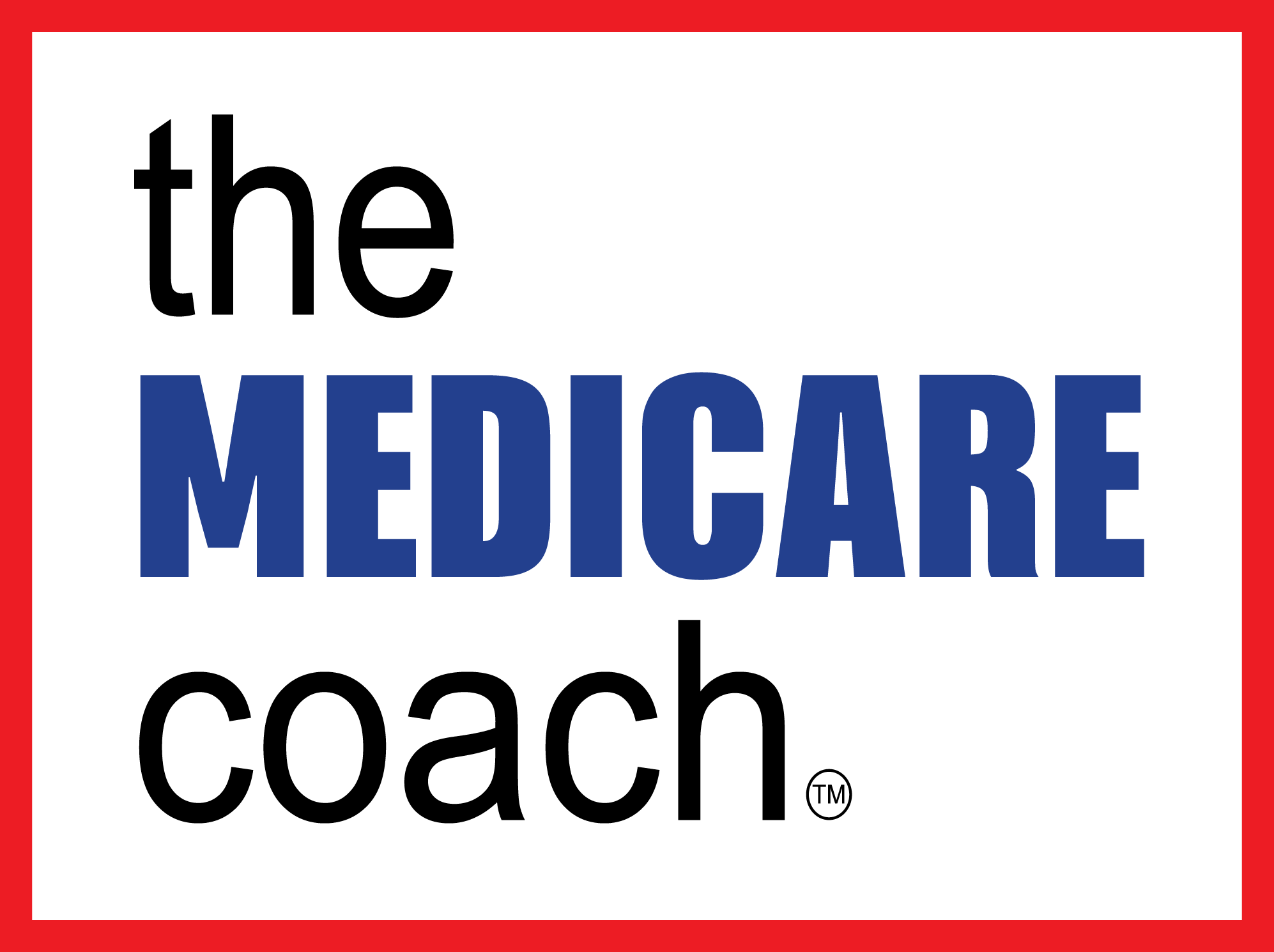Have you seen the Medicare commercials and the mailers advertising that you qualify for a “zero-premium” plan called Medicare Part C?
It’s a very popular tag-line that we see people fall for every day, and I want you to know what to look for so that you’re not making the wrong Medicare decision.
So let’s start from the top. What is Medicare Part C?
There are two Medicare programs you can pick from Original Medicare or Medicare Advantage (also called Medicare Part C).
Original Medicare has Medicare Part A, Medicare Part B and Medicare Part D, and your supplement plans (Medigap).
Then there is Medicare Advantage, which is also known as Medicare Part C.
The “zero premium” plan that these advertisements are telling you that qualify for are plans everyone qualifies for. It’s a Medicare Advantage zero-premium plan.
What happens with Medicare Advantage is that when you opt into it, you are leaving the traditional Medicare route and opting into a privately ran Medicare program.
While Medicare Advantage (Part C) must provide all the basic services as approved by Medicare, it can determine the doctors you can or cannot see.
My advice is this. These “zero premium” plans can be a total nightmare down the road, so before you listen to any of these ads or the representatives, ask yourself, what doctors do I want to use once I’m on Medicare, and which programs do they accept?” That is the key question.
You need to see if your doctors accept Medicare and if it’s a Medicare Advantage plan which specific plan.
Now, let’s assume that they accept Medicare Advantage, we have to confirm they accept that specific Medicare Advantage plan you have.
What worries me the most about the zero-premium plans is that it can work for healthy people really well. If you’re healthy, it can be really cheap and save you money. The big issue that I have the zero-premium plans is that when you get sick, the co-pays can add up quickly. Most of the zero-premium plans have out-of-pocket costs of nearly either $6,700 for in-network or up to $10,000 for out of network.
That means when you get sick, those zero-premium plans do get really expensive.
And once you’ve chosen your Medicare program – Original or Medicare, insurability rules with Medicare may not allow you to switch back to original Medicare with a supplement plan.
This is why you must make the right decision when you first join Medicare because it may be only time for you to pick that right program.
So again, talk to your doctor, see what Medicare plans they accept, and then get really clear on what those rules and co-pays and other costs are on that zero-premium plan. They marketed very well, but they can be an absolute nightmare later on. I’ve seen these plans go very poorly for many people. So please be careful.
To easily make the right Medicare decision you can CLICK HERE to sign up for our Medicare Enrollment Concierge.




